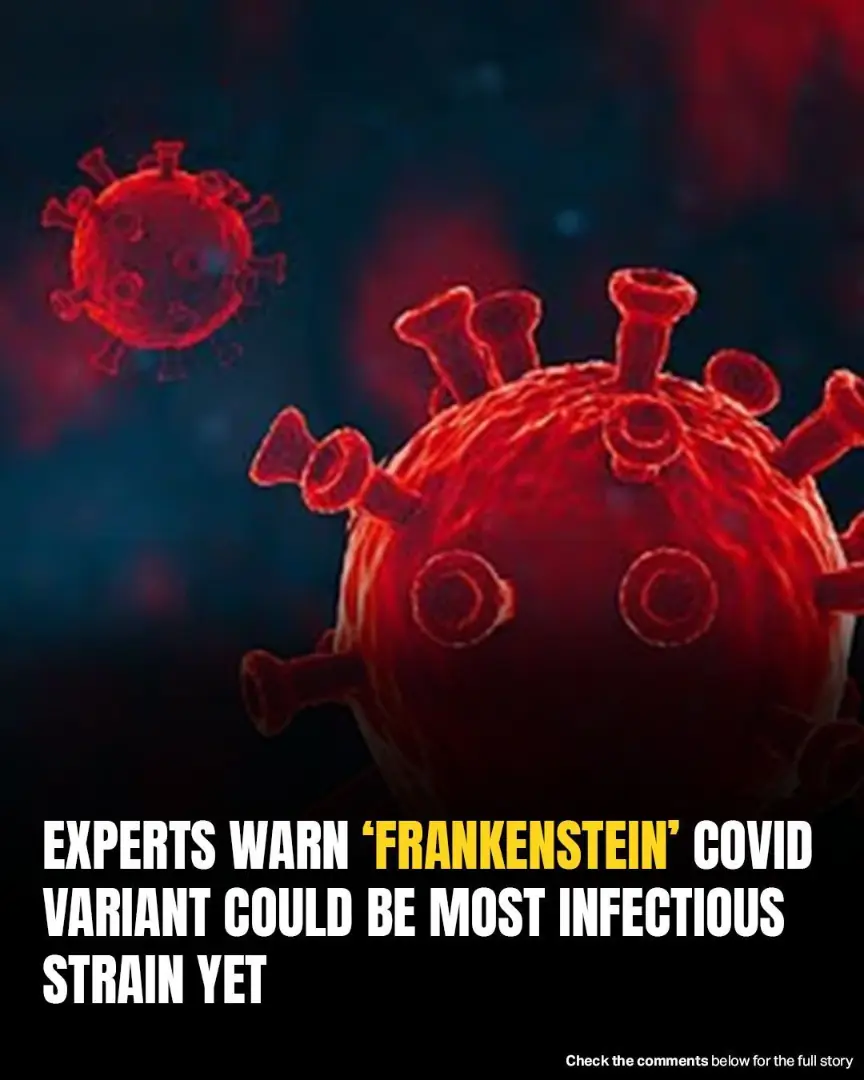
Your Body's Silent Alarms: 9 Subtle Signals of a Heart Attack, Up to a Month Before It Strikes
Your Body's Silent Alarms: 9 Subtle Signals of a Heart Attack, Up to a Month Before It Strikes
In recent decades, scientists have recognized that heart attack symptoms can be quite different for women than for men. The journal Circulation published findings from a study of 515 women who had experienced a heart attack. Surprisingly, the most frequently reported symptoms didn't include chest pain. Instead, women often reported unusual fatigue, sleep disturbances, and anxiety. Nearly 80 percent of these women reported experiencing at least one symptom for more than a month before their heart attack.
Despite this, a survey published in the same journal found that only 65 percent of women said they'd call 911 if they thought they might be having a heart attack. Understanding these lesser-known signs is crucial.
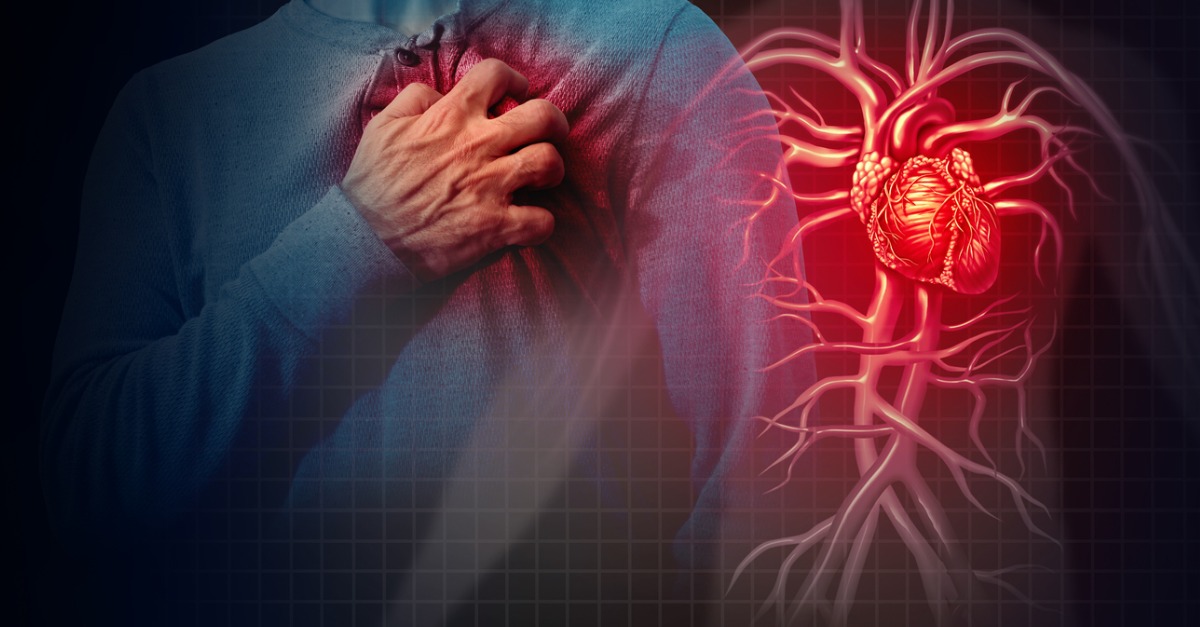
Key Heart Attack Symptoms in Women
If you're unsure, always get emergency medical care right away. Trust your instincts about what feels normal or abnormal for your body. If you haven't experienced these kinds of symptoms before, don't hesitate to seek help. If you're not comfortable with a doctor's conclusion, consider getting a second opinion.
Here are 9 important signals to watch for:
-
Unusual Fatigue Lasting for Several Days or Sudden, Severe Fatigue: Profound and unexplained fatigue, or a sudden and significant drop in energy levels, can sometimes be a critical warning sign of a heart attack in women.
-
Sleep Disturbances: Issues like insomnia, unusual restlessness, or frequently waking up during the night have been reported as warning signs in some women before a heart attack.
-
Anxiety: Some women may experience a sense of impending doom, intense anxiety, or a feeling that something is terribly wrong during a heart attack.
-
Lightheadedness: Feeling dizzy or faint is another symptom that may occur.
-
Shortness of Breath: Feeling breathless or having difficulty catching your breath can be a symptom of a heart attack, and this can occur with or without chest discomfort.
-
Indigestion or Gas-like Pain: Some women may feel nauseated or may vomit during a heart attack, which can easily be mistaken for other gastrointestinal issues.
-
Cold Sweats: Cold and clammy skin, along with unexplained sweating, can accompany a heart attack, especially in women.
-
Jaw Pain or Pain That Spreads Up to Your Jaw: Women may experience pain or discomfort in areas other than the chest, such as the neck, jaw, shoulder, back, or stomach. This pain may radiate from the chest and is often a more subtle symptom.
-
Pressure or Pain in the Center of Your Chest, Which May Spread to Your Arm: While chest pain is a common symptom in both men and women, women may experience different types of chest discomfort. It can be described as a squeezing, fullness, pressure, or burning sensation in the chest that may come and go.
Heart Attack Risk in Women Over 50
Women experience significant physical changes around age 50, often coinciding with menopause. During this period, levels of the hormone estrogen drop. Estrogen is believed to help protect heart health, so after menopause, your risk of heart attack increases. Unfortunately, women who experience a heart attack are less likely to survive than men. Therefore, remaining highly aware of your heart health after menopause becomes even more critical.
Additional symptoms that women over 50 may experience include:
-
Severe chest pain
-
Pain or discomfort in one or both arms, the back, neck, jaw, or stomach
-
Rapid or irregular heartbeat
-
Sweating
Understanding Silent Heart Attacks
A silent heart attack is just like any other heart attack, except it occurs without the usual, obvious symptoms. In other words, you may not even realize you’ve experienced one.
Research from Duke University Medical Center estimates that as many as 200,000 Americans experience heart attacks each year without even knowing it. Unfortunately, these "silent" events still cause heart damage and increase the risk of future attacks. Silent heart attacks are more common among people with diabetes and those who've had previous heart attacks.
Symptoms that may indicate a silent heart attack include:
-
Mild discomfort in your chest, arms, or jaw that goes away after resting
-
Shortness of breath and tiring easily
-
Sleep disturbances and increased fatigue
-
Abdominal pain or heartburn
-
Skin clamminess
After having a silent heart attack, you may notice more fatigue than before or find that exercise becomes more difficult. Regular physical exams are essential to stay on top of your heart health. If you have cardiac risk factors, discuss getting tests done to check the condition of your heart with your doctor.
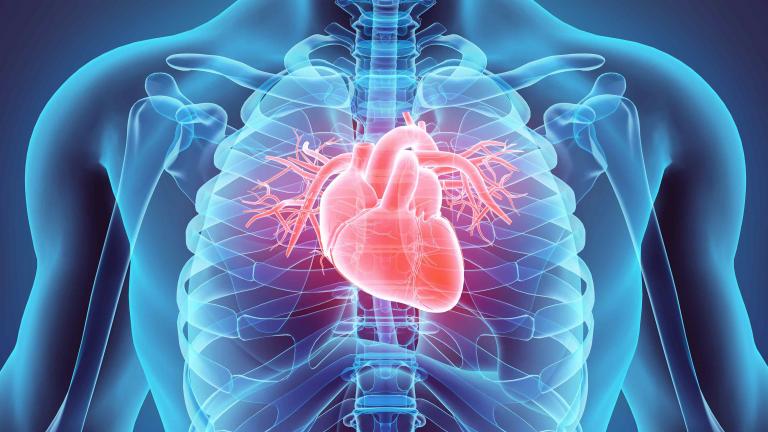
Prioritize Regular Checkups
By scheduling regular checkups and learning to recognize these symptoms of a heart attack, you can help lower your risk of severe heart damage. This proactive approach can significantly increase your life expectancy and overall well-being.
Do any of these subtle symptoms resonate with your personal experiences or concerns?
News in the same category

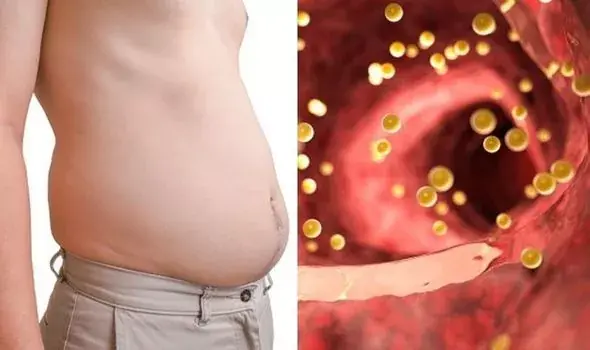
Bloated Stomach: 8 Common Reasons and How to Treat Them (Evidence-Based)

Foamy Urine: Why You Have Bubbles in Your Pee and When to Worry
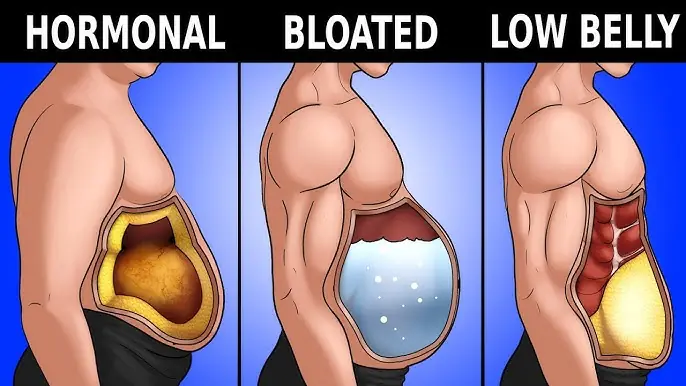
What Causes Belly Fat: Foods to Avoid and Other Key Factors
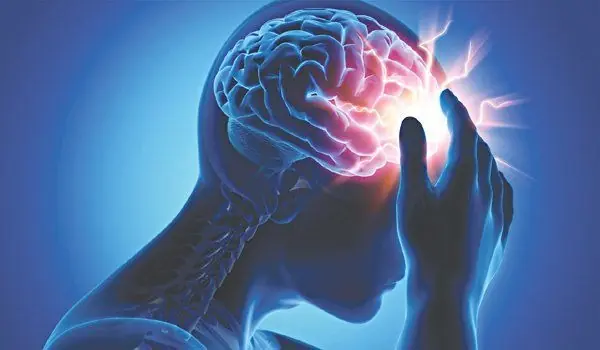
Notice These 4 Unusual Signs Before Sleep? Be Careful – They May Signal a Risk of Stroke
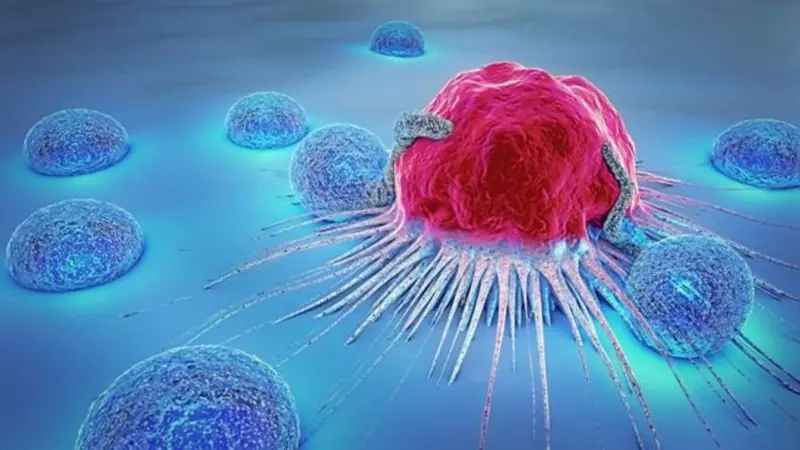
5-Year-Old Girl Diagnosed With Terminal Cancer: A Wake-Up Call for All Parents
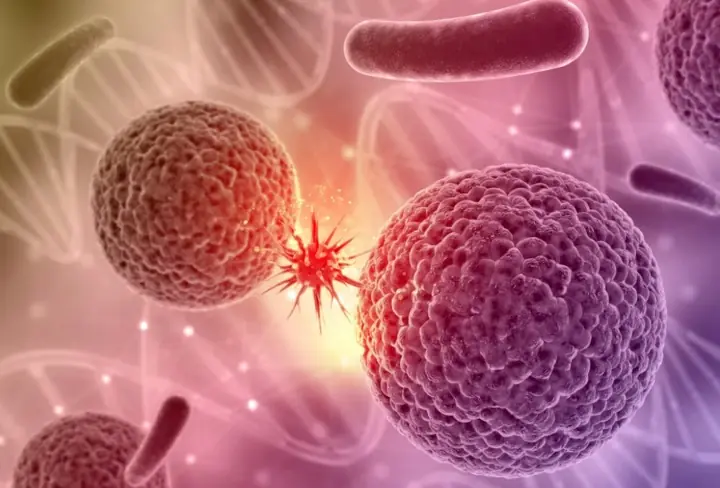
Good News: Successful Trial of Method That Destroys 99% of Cancer Cells
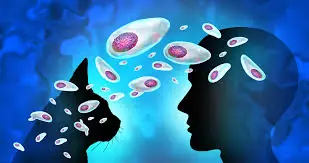
Terrifying Study: Up to 30% of Americans Could Be Infected with Brain-Impacting Parasite
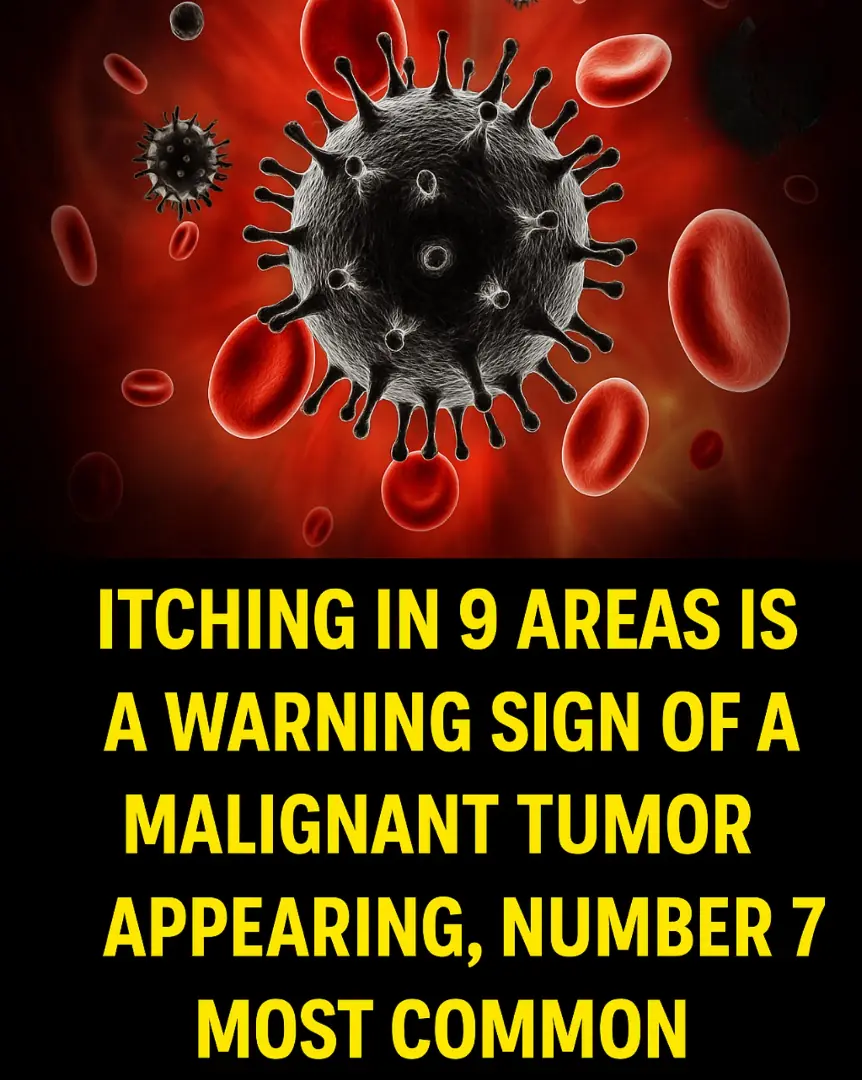
Itching in 9 Areas: A Warning Sign of Malignant Tumors, Number 7 Is the Most Common

Doctor's "Deeply Concerning" Warning After Man Injects Sperm to 'Cure Back Pain'
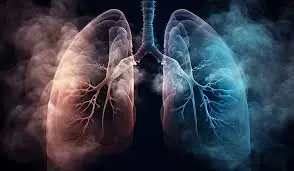
Non-Smoker Diagnosed with Lung Cancer Shares His Only 'Silent' Symptom
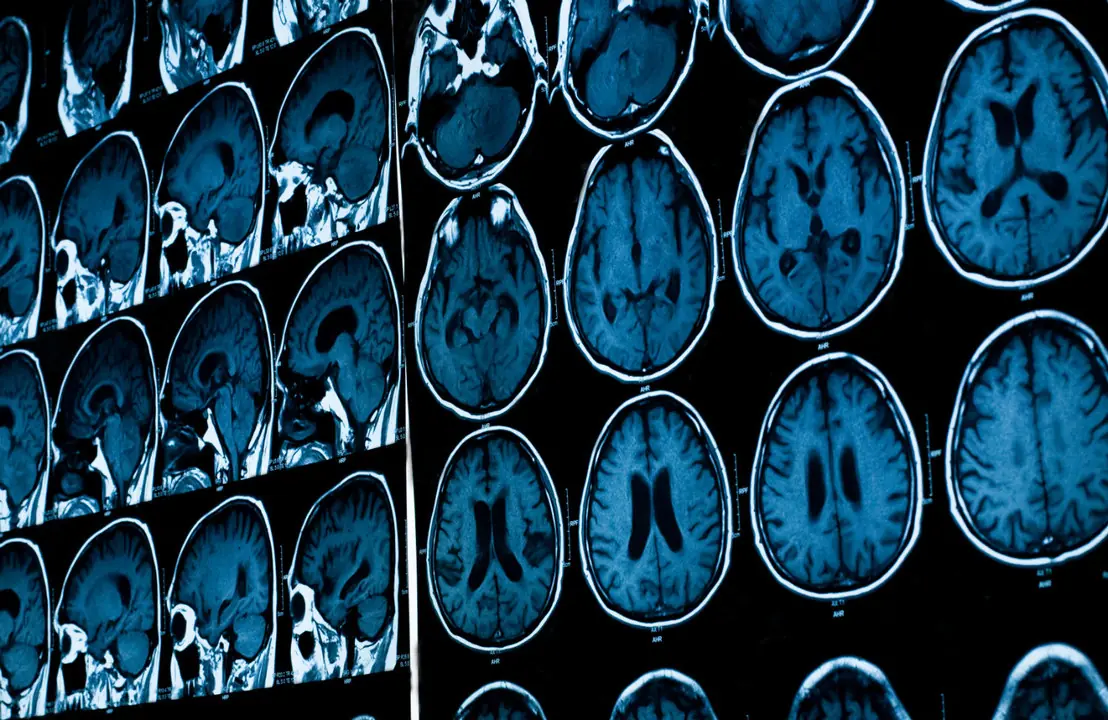
Alarming Discovery: High Aluminum Levels Found in Brains with Alzheimer's, Autism, and MS
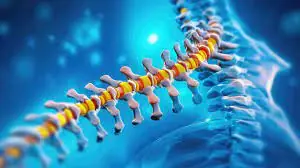
First Human Trial Launched for Stem Cell Therapy to Reverse Spinal Cord Injuries
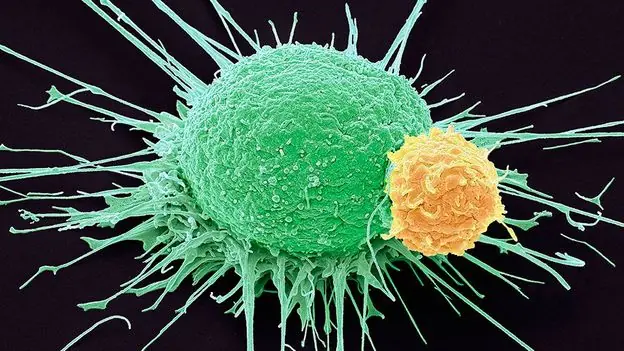
From Despair to Hope: Joe Tippens' Incredible Cancer Recovery Story with Fenbendazole

100-Year-Old Doctor Reveals: 7 Daily Habits to Help You Live a Healthy Life
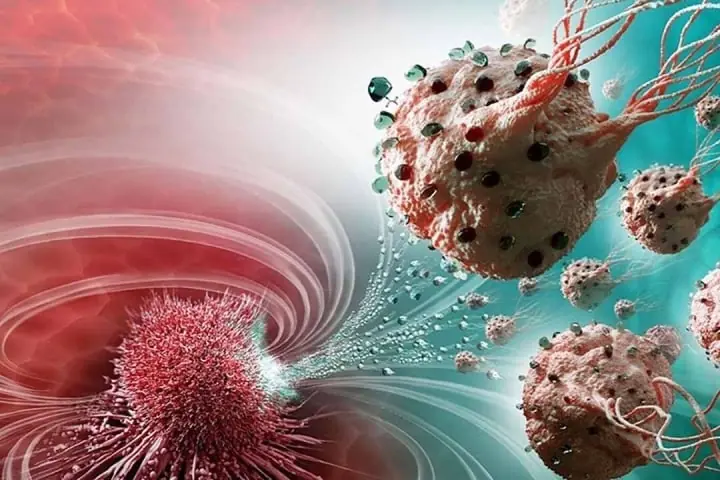
Diagnosed with Terminal Cancer, Preparing for the End – A Man’s Miraculous Survival Thanks to 3 Major Life Changes
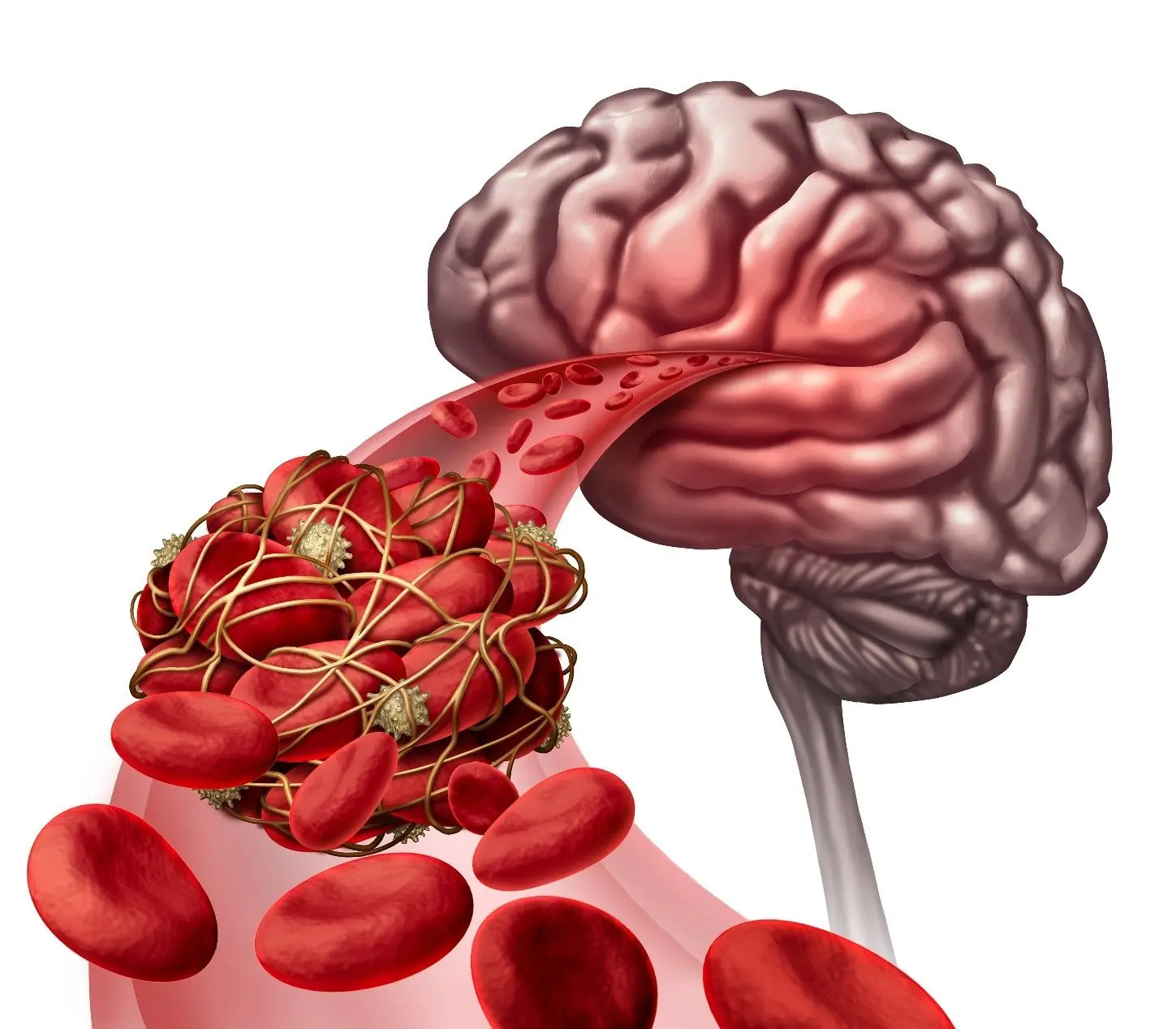
Warning signs of stroke 30 minutes before – remember them to save your life and your loved ones

31 Foods Experts Say You Should Avoid (Or Severely Limit)

Heart Surgeon Warns: 4 Foods and Drinks You Should "Always Avoid" to Protect Your Body
News Post

Banana Blossom: The Natural Medicine Everyone Overlooks

Scientists Warn: Most Infectious Covid Strain Yet Is Now Dominating

Say Goodbye to Anemia, Cleanse Fatty Liver, and Restore Vision in Just 7 Days With This Powerful Natural Remedy

Bloated Stomach: 8 Common Reasons and How to Treat Them (Evidence-Based)

Foamy Urine: Why You Have Bubbles in Your Pee and When to Worry

What Causes Belly Fat: Foods to Avoid and Other Key Factors

Notice These 4 Unusual Signs Before Sleep? Be Careful – They May Signal a Risk of Stroke

5-Year-Old Girl Diagnosed With Terminal Cancer: A Wake-Up Call for All Parents

Good News: Successful Trial of Method That Destroys 99% of Cancer Cells

New interstellar comet 3I/ATLAS is hurtling through the solar system — and you can watch it live online today

HealthScientists Detect Microplastics In Reproductive Fluids—Potential Infertility Risk

Ancient Inscriptions Inside Great Pyramid Rewrite History Of Its Builders

Once ‘Dead’ Thrusters On The Farthest Spacecraft From Earth That’s 16 Billion Miles Away Are Working Again

OpenAI’s Top Al Model Ignores Explicit Shutdown Orders, Actively Rewrites Scripts to Keep Running

Google Earth Unveils Shocking 37-Year Transformation Of Our Planet

Marine Animal Shows Are Officially Banned in Mexico After Historic Legislative Vote

Denmark Pays Students $1,000 Monthly to Attend University, With No Tution Fees
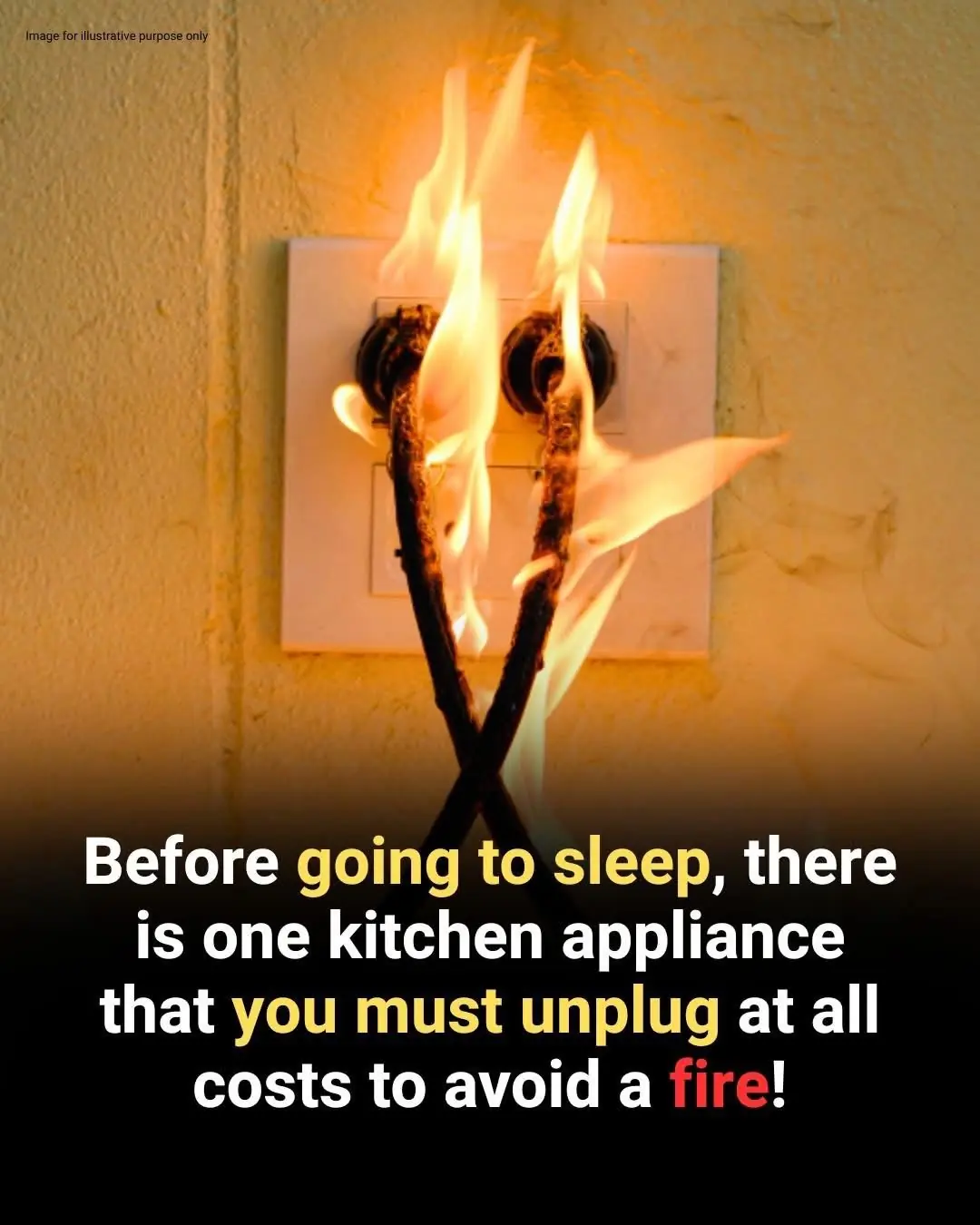
Protect Your Home and Wallet: Unplug These 5 Appliances When You’re Done Using Them

Some People Still Think These Two Buttons Are Only For Flushing
